Documentary
Conflict, migration and the experience of exile
The 2019 IAWRT documentary, Displacement & Resilience: women Iive for a new day, is on the theme of the worldwide refugee crisis and rising intolerance and polarisation all over the world.
As in previous years, IAWRT put out a call for proposals for the ‘Long Documentary’, a collaborative film helmed by the person whose proposal is selected, and made with contributions from members across the globe. The proposal selected by the Board came from Chandita Mukherjee of India who was asked to be the Executive Producer.
In turn she put out a second call for stories from IAWRT members, and the project came together. Film makers from Philippines, Tunisia, Canada and India came forward with stories about women refugees forced to flee from their countries and take shelter in unknown lands and internally displaced women who remain in their own countries, but whose lives are dislocated.
The documentary film has already won one award at the 2nd Asian Short Film Festival, in Kolkata, India.
As the stories came in from the four country directors, bringing out the state of the women caught in conflict, it became apparent that the focus of this documentary film would be centred on the resilience of women refugees.
Chandita Mukherjee
Chandita Mukherjee is the executive producer of Displacement & Resilience: women live for a new day. She likes to explore the different ways that people understand the world and act on it. She tries to communicate this through her non-fiction film practice and to sensitise audiences through the self awareness such knowledge creates. Apart from the final edited version of the film, Chandita also co-directed the Rohingya segment.
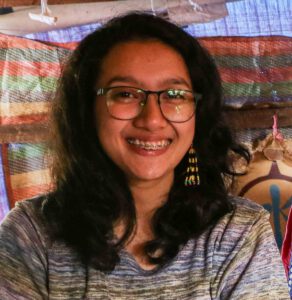
Erika Rae Macapayag Cruz
Erika Rae Macapayag Cruz from the Philippines tells the story of two communities from Mindinao island in the Phillipines.
They are struggling to protect their land from being grabbed by agencies seeking to evict the people in order to exploit the natural resources. We learn about internal displacement through the eyes of two articulate women chieftains, Bai Bibyaon of the Lumad community and Bai Ellen of the Matigsalug people.
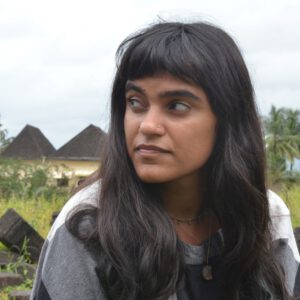
Afrah Shafiq
Afrah Shafiq (India) has produced a portrayal of the lives in exile of Tibetan refugees living in Dharamshala, a valley in India, just across the Himalayas from Tibet.
The story of a refugee movement sustained through 60 years is told through Namgyal Dolkar Lhagyari, a young elected member of the Tibetan government-in-exile’s parliament. She and her colleagues work to make the world aware of the human rights violations against prisoners of conscience in Tibet and the struggles being carried out there.
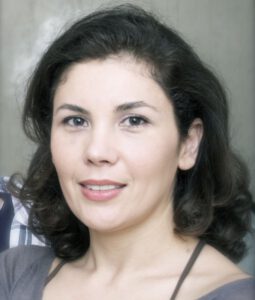
Khadija Lemkecher
Khadija Lemkecher (Tunisia) has produced a refugee story of a woman from Ghouta in Syria.
Haifa and her extended family escaped the war in their homeland on a ship and found refuge in Tunis. Here she works through the day in a series of part-time jobs as cook and house cleaner, bringing up her children as best she can without her husband, who disappeared in an inexplicable episode of political kidnapping.
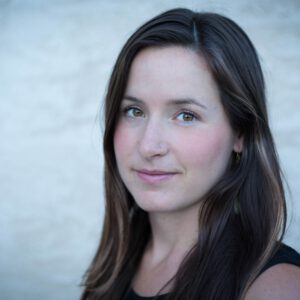
Eva Anandi Brownstein
Eva Anandi Brownstein (Canada) looks at the Syrian diaspora in the process of re-settlement in another distant land, Vancouver, Canada.
A group of formerly home-bound Syrian refugee women overcome their isolation in a foreign land through a food collective called Tayybeh, which specialises in Syrian regional cuisines.They cater to dinners at public events, run a food truck and learn to conduct a business with the discipline it entails.
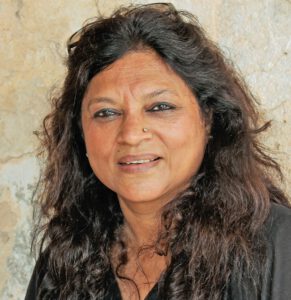
Archana Kapor
Archana Kapor of India and Chandita Mukherjee travelled to Rohingya encampments in Delhi and Haryana in India, to bring us women’s accounts of their escape from the violence of the genocidal attacks by the Myanmar armed forces and vigilante groups.
We also get a glimpse of the massive humanitarian activities of the UNHCR, through Sumbul Rizv, the senior UN Coordinator based at Cox’s Bazaar, Bangladesh which is ‘home’ to 920,000 refugees.







